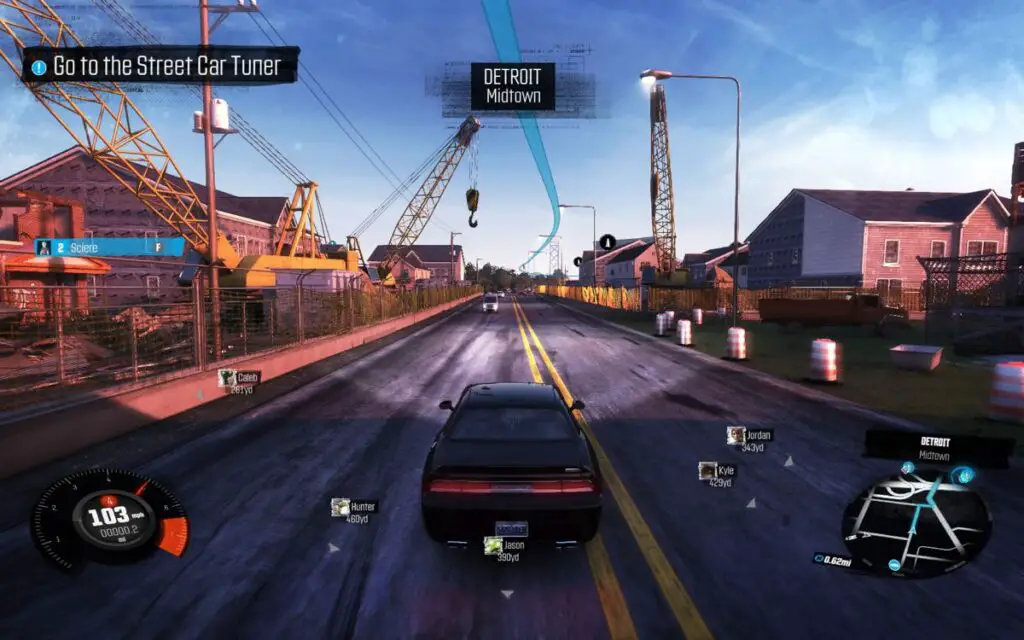I think that most gamers have at some point enjoyed a game that is no longer playable in any form. I don’t mean that it has simply been delisted but is still technically playable through illicit means, these are games that are impossible to play because they relied on a central server which the publishers eventually pulled the plug on. Some of these are MMOs, others are live service titles or multiplayer titles, and some are even single-player titles that maintain an online connection for DRM or minor functions, yet when the publisher decides that they are no longer worth supporting they are put down like a lame animal and will never be playable in any form again. Any physical versions of these games are turned into little more than high-tech drink coasters. This is the tragic fate that has befallen countless games such as Overwatch, Battleborne, and The Crew. If things in the gaming industry continue as they have been many more games might be on the chopping block and indeed a day might come when all games that are released could be rendered unplayable at a moment’s notice.
One group of gamers has decided to try to put a stop to this practice, launching a multipronged global campaign to try and get the governments of several countries to address this issue. Spearheading this initiative is Ross Scott, a YouTuber who runs a channel called Accursed Farms perhaps best known for the shows Freeman’s Mind and Ross’s Game Dungeon (his channel is really good and you should check it out if you haven’t already). The campaign is primarily focused on the recent shutdown of the game The Crew which relied on a central server to function in all of its modes despite featuring extensive single-player options. The shutdown of this game presents an ideal opportunity to challenge a publisher’s ability to make a game completely unplayable because it was published by Ubisoft, a French company and France has some of the strongest consumer protection laws in the world. They aren’t just limiting this campaign to France, but attempting to take legal action in Germany, the UK, the European Union, Australia, Brazil, and the US.

Ross and his followers argue that the practice of “killing games” as they call it is a violation of the rights of consumers and is fundamentally antithetical to game ownership. The reasoning is that these games were sold as goods with a perpetual license, if they wanted to be sold as a service such as a rental then it would be necessary for the product to inform consumers how long they will have access to the game to inform their purchasing decision. They acknowledge that it is unreasonable to expect a company to maintain a game’s servers forever, rather the goal is to ensure that all games have some sort of end-of-life plan to ensure that they are at least playable in some form. This could take the form of a patch that disables any always online DRM, releasing the server code so that fans can maintain their own dedicated servers to keep the game online, or even just allowing players to experience the game’s content when offline.
While this might seem like a lot to ask for it is worth noting that this was once the standard in the industry as it was once assumed that not every person would be able to access the internet at all times even when the game is new, which is why it is still possible to play a match of Unreal Tournament from 1999 even though Epic Games ended official support years ago.
The plan of action differs from country to country with the majority focusing on the use of Government petitions, this is a procedure that exists in many countries (not the US sadly) wherein if a petition gets enough signatures the government can be forced to address a particular issue. Ross breaks down everything you need to know in a YouTube video that you can find here. For those who wish to learn more or contribute to the cause, you can go to stopkillingames.com, the site contains instructions and resources on how to take action depending on where you live in a wide range of languages.







